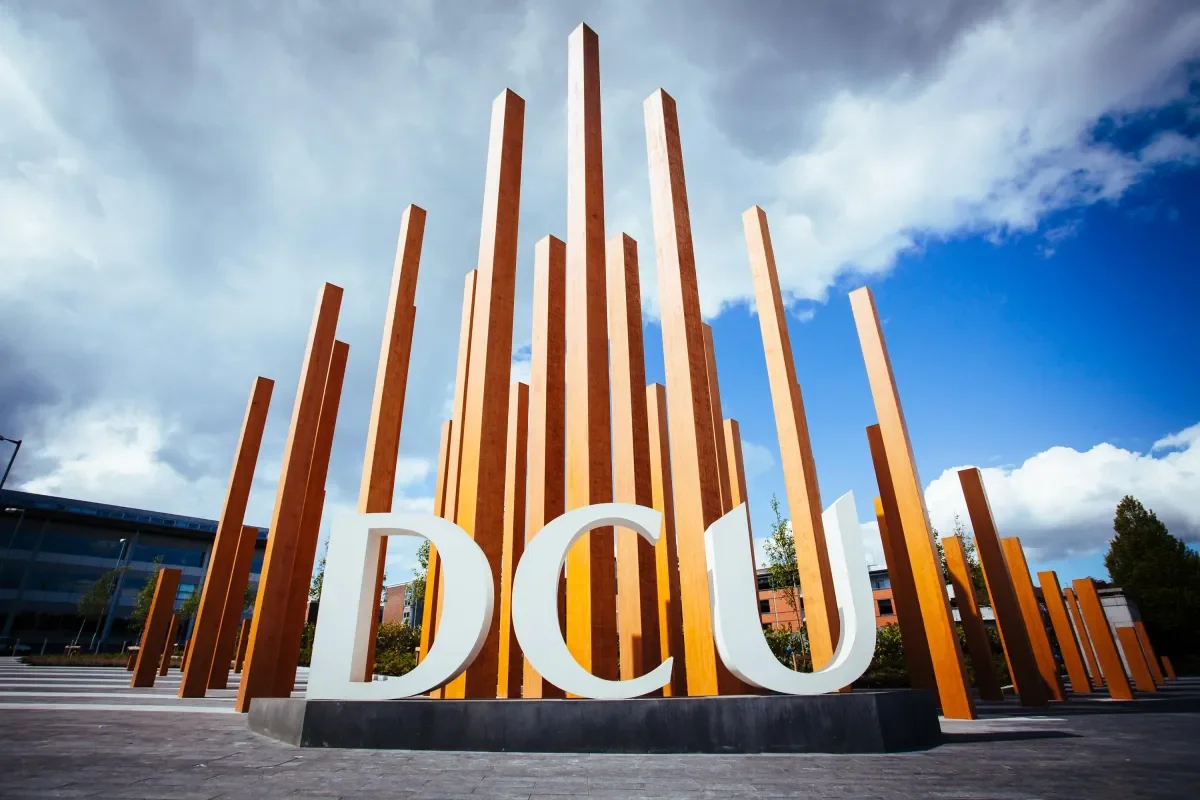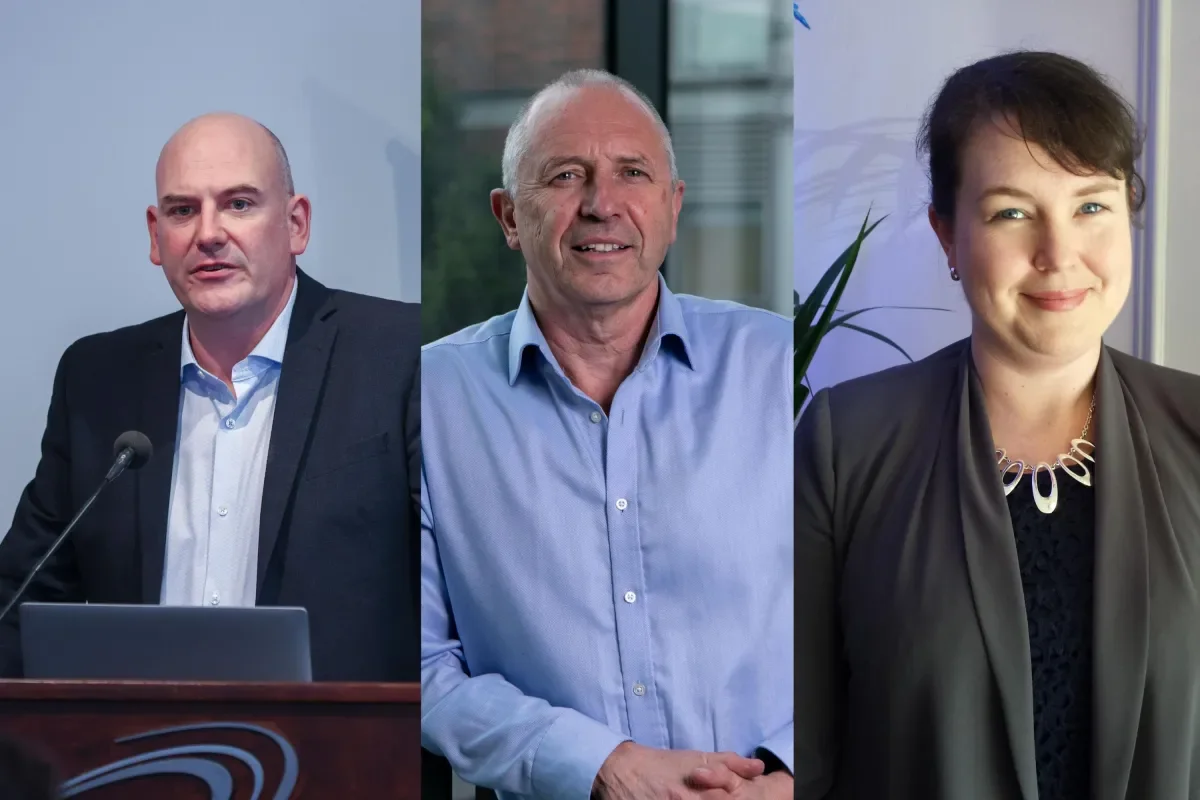

DCU provides extra SFI Centre PhD places following savings
Dublin City University has secured approval from Science Foundation Ireland to extend the timeframe for their Centres for Research Training program to allow a fifth intake of fifteen additional PhDs in 2023. These PhD projects will draw on unused funding.
DCU has made savings on its training budget, unused stipend funds due to placement payments, and withdrawals from previous students.
This new cohort brings the total of PhDs funded through the centres to 85, one of whom graduated this October. These students are spread across nine of DCU's schools in four of the five faculties.
Since 2019, DCU is a partner in 3 of the SFI-funded Centres for Research Technology, namely ML-Labs addressing machine learning, CRT-AI addressing artificial intelligence and d-real addressing Digitally Enhanced Reality. The centres provide students with a structured PhD program in addition to a thesis topic. This model involves taught modules, annual summer schools, bootcamp workshops, team project activities and a work placement, all of which are credit-bearing.

DCU is a partner institution in three of the six SFI Centres for Research Training:
- D-Real: Centre for Research Training in Digital-Enhanced Reality
- CRT AI: Centre for Research Training in Artificial Intelligence
- ML Labs: Centre for Research Training in Machine Learning
PhD projects funded through these Centres at DCU inlcude:
- Game-Based Approaches in language learning for Less Commonly Taught Languages by Liang Xu
-
Smart garments for immersive home rehabilitation using AR/VR by Luz Alejandra Magre Colorado
The research topics chosen have a practical focus, making each PhD student's work naturally trans-disciplinary. Projects can cover machine learning and AI in biomedical sciences, water treatment, medical imaging, education among a range of other areas. The 85 PhD students represent over 25 different nationalities. In addition 49 are men and 35 are women.
The Centres are also unique in how they allow early career researchers to develop PhD supervision skills. Of the 45 supervisors involved in the centres, most have are supervising their first PhD student. CRT-funded PhD students form a cohort of students rather than working on their own and so other students and supervisors provide support. The CRT-based training initiatives and the administrative support provided by the dedicated CRT coordinator helps early career academics to develop their supervisory skills.
Three principal investigators at DCU secured the original €12M in funding for the Centres: Prof Noel O'Connor, Dr. Suzanne Little and Prof Alan Smeaton for ML-Labs, CRT-AI and d-real respectively.
